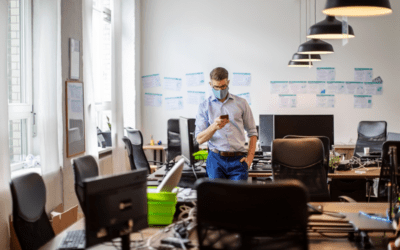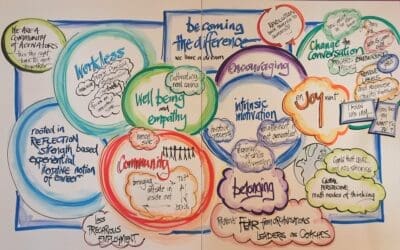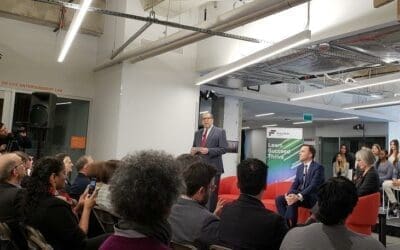We tested whether the same five drivers that were shaping the Future of Work before the pandemic are still shaping it today.
Challenge Factory’s Blog
Hybrid? Remote? What jobseekers want is a clear workplace culture.
I’m a recent grad entering the workforce after completing my Master’s degree. Job interviews reveal a lot about workplace leadership and culture—and what jobseekers are looking for.
On Lisa LaFlamme: We need more than stories to make meaning of this moment.
It’s not up to older workers to solve the challenge of ageism in the workplace. This isn’t just about the decision to let your hair go grey. It’s about shaping a Future of Work in which everyone is valued, no matter their age.
The most important question for returning to the office is not who, how, or when. Here’s why.
Look to your organization’s culture to answer the “why” questions about the future of your workplace model.
Leaders and managers: Stop tiptoeing around setting expectations for in-person meetings
What social responsibility do leaders have to their teams and people?
June 2, 2020
There’s a weight not just to this moment, but also to the next.
ICYMI: Report from our October executive breakfast
Challenge Factory convened an executive breakfast to share insights that our president, Lisa Taylor, gathered on her recent trip to Europe and expand on key themes that are shaping Canada’s Future of Work.
Challenge Factory’s response to the Future Skills Centre announcement
A new Future Skills Centre is launching in Canada, and we couldn’t be more excited.
The GM announcement made the Future of Work personal
Political, policy, academic, industry, and company leaders are actively working on the challenges of a shifting workforce. Missing from that list are individual workers.
Engaging with the Future of Work: What we’ve been up to
Challenge Factory works with organizations that are thinking about how the world of work will change between now and 2030.









